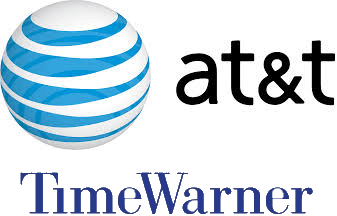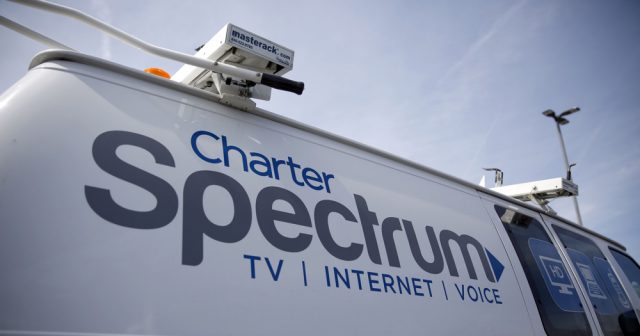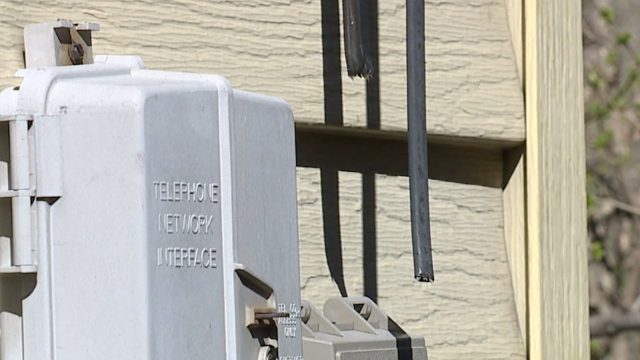 (Reuters) – The White House has told two U.S. House Democrats it will not turn over documents that could show whether Republican President Donald Trump sought to intervene in the regulatory review of AT&T Inc’s $85 billion acquisition of Time Warner Inc.
(Reuters) – The White House has told two U.S. House Democrats it will not turn over documents that could show whether Republican President Donald Trump sought to intervene in the regulatory review of AT&T Inc’s $85 billion acquisition of Time Warner Inc.
In March, House Judiciary Committee Chairman Jerrold Nadler and Representative David Cicilline, who chairs a panel overseeing antitrust issues, asked the White House and Justice Department to turn over records after The New Yorker magazine reported Trump directed then-National Economic Council Director Gary Cohn to use the Justice Department to block the deal.
The pair wrote that if accurate, Trump’s involvement would “constitute a grave abuse of power.” In February, a federal appeals court upheld a lower-court ruling rejecting a Justice Department challenge to the deal filed in November 2017.
Trump criticized the deal as a candidate in late 2016, saying it would concentrate too much media power in the hands of one owner, and later saying it would raise prices. He has also frequently attacked CNN, a Time Warner property now owned by AT&T, for what he sees as negative coverage of his campaign and administration.
In a letter dated Monday and released on Tuesday by Cicilline, White House counsel Pat Cipollone declined to release any documents, saying he would not provide “protected communications between the president and his senior advisers that are the very core of the executive branch’s confidentiality interests.”
Cipollone added that the Justice Department would be responding “in due course.”
The two Democrats responded in a joint statement that “the White House Counsel has made a blanket claim that all White House communications — regardless of whether they contain evidence of improper or even unlawful activities — are protected by a cone of secrecy,” adding they would “pursue this matter.”
Makan Delrahim, the head of the Justice Department’s antitrust division, said in a 2018 declaration he had never received “orders, instructions, or directions relating” to the AT&T-Time Warner deal from Trump, Justice Department officials or White House officials.
The Justice Department said in February it would not seek further appeals to block the merger.
In February 2018, U.S. District Judge Richard Leon rejected AT&T’s request to see White House communications that might shed light on whether Trump pressured the Justice Department to try to block the deal.
AT&T lawyers said last year the deal may have been singled out for enforcement, citing as evidence statements by Trump as a candidate and as president that the deal was bad for consumers and the country. AT&T declined comment on Tuesday.
Reporting by David Shepardson; Editing by Peter Cooney


 Subscribe
Subscribe

 Comcast and Charter Communications are losing money on their cell service plans because their partner, Verizon Wireless, sets its wholesale rates too high, making certain the two companies cannot cannibalize Verizon’s own customers for long.
Comcast and Charter Communications are losing money on their cell service plans because their partner, Verizon Wireless, sets its wholesale rates too high, making certain the two companies cannot cannibalize Verizon’s own customers for long. Comcast has begun gradually rolling out
Comcast has begun gradually rolling out 
 The cut cable was located at Griffin’s home where AT&T’s network interface box connected the overhead line with the home’s inside wiring. AT&T crews sought to replace the overhead drop line from the utility pole to Griffin’s home, which initially caused Quinones to object because the utility pole serving her home is behind his. After the dispute attracted coverage from Cleveland’s ABC affiliate, Quinones relented.
The cut cable was located at Griffin’s home where AT&T’s network interface box connected the overhead line with the home’s inside wiring. AT&T crews sought to replace the overhead drop line from the utility pole to Griffin’s home, which initially caused Quinones to object because the utility pole serving her home is behind his. After the dispute attracted coverage from Cleveland’s ABC affiliate, Quinones relented.